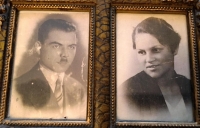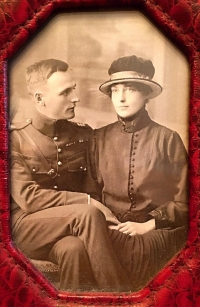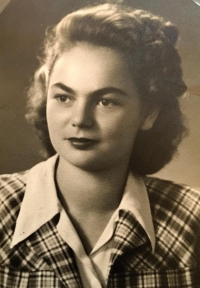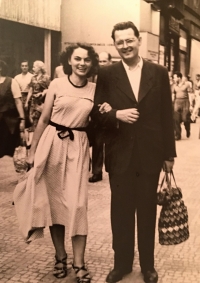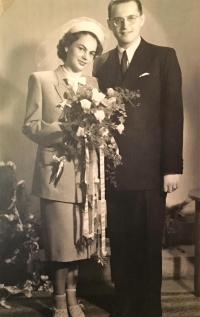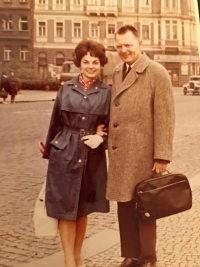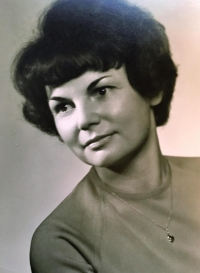Terrible experiences from the war came back to me in my dreams

Download image
Eugenia Oktavia Dvořáčková was born at the end of 1929 in Warsaw. Memories of the war are deeply traumatic for her. Their house was hit by a bomb, fortunately everyone survived buried in the basement. After the Warsaw Uprising, she saw piles of corpses at every turn. The experience of the war came back to her until the end of her life, especially after the occupation of 1968. She married the Czech textile engineer Alexei Dvořáček and went with him to Czechoslovakia. Her husband became the director of the Benar spinning mill in Slaný, but was fired for disagreeing with the entry of the Warsaw Pact troops. He then started as a worker in the Ostrava steelworks. In the year of filming the interview (2016), the witness also lived with her husband in Ostrava.
